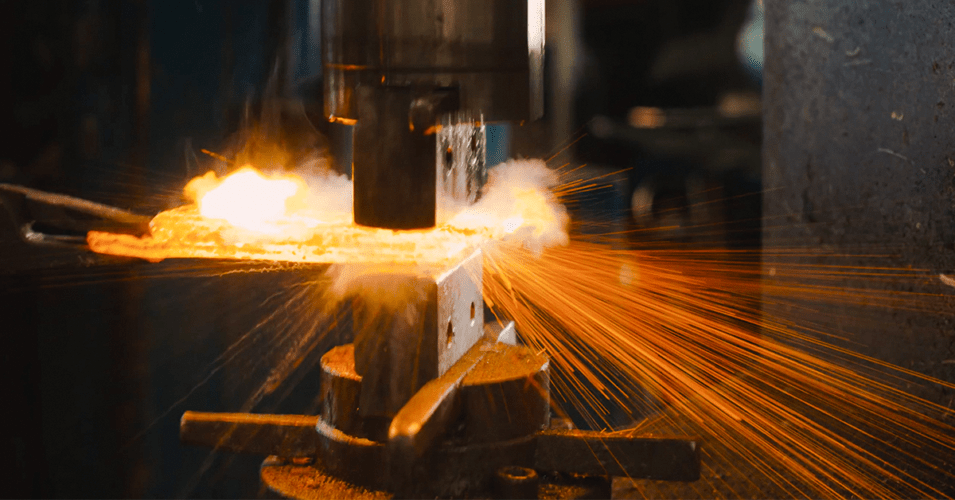In the realm of manufacturing and metallurgy, hot forging industries are the unsung heroes that shape and strengthen our modern world. While often overlooked, these industries play a crucial role in the global economy. Hot forging involves heating metal to a malleable state and then shaping it into desired forms through pressing or hammering. This age-old technique has not only stood the test of time but has also evolved to become a cornerstone of industrial success. In this blog, we will delve into the economic impact of hot forging industries, shedding light on their significance and the myriad ways they contribute to global prosperity.
The Basics of Hot Forging
Hot forging is a metalworking process that predates recorded history. It involves heating a metal to a high temperature to make it pliable and then shaping it using mechanical force. The process requires precision and expertise to produce components with exceptional strength, durability, and consistency. Hot forging is used in various industries, including automotive, aerospace, construction, and manufacturing, to create a wide range of products such as gears, crankshafts, connecting rods, and more.
Employment Opportunities
One of the most evident economic impacts of hot forging industries is job creation. These industries are labor-intensive, requiring skilled workers who possess a deep understanding of metallurgy, machinery, and safety protocols. From forging operators and quality control inspectors to metallurgists and engineers, hot forging industries provide a diverse array of employment opportunities. The demand for skilled labor ensures a stable job market and contributes to the economic well-being of local communities.
Contribution to GDP
Hot forging industries are significant contributors to a nation’s gross domestic product (GDP). These industries produce essential components that are used in the manufacturing of a wide range of products. As a result, the economic value generated by hot forging extends far beyond the industry itself. The growth of these industries is often closely linked to the overall economic health of a country, and they play a vital role in sustaining economic stability and growth.
Global Trade and Export Opportunities
The hot forging sector is not limited by geographical boundaries. Many countries have established a strong presence in this industry, and they often engage in global trade and export activities. This international reach allows hot forging industries to contribute to a nation’s trade balance positively. By exporting forged components and products to other countries, nations can earn foreign exchange and strengthen their economic position in the global marketplace.
Innovation and Technological Advancements
Hot forging industries are not static; they continually evolve and adapt to technological advancements. Innovation in materials science, automation, and process optimization has allowed these industries to become more efficient and cost-effective. Such innovations result in increased productivity, reduced waste, and improved product quality—all of which contribute to economic growth.
Supporting Ancillary Industries
The economic impact of hot forging industries extends to supporting ancillary industries. The demand for raw materials, machinery, and tools drives business activities in related sectors. For instance, the mining and steel manufacturing industries benefit from the demand for high-quality raw materials. Additionally, hot forging industries stimulate innovation in equipment and technology, benefiting suppliers and manufacturers of forging machinery and tools.
Environmental Considerations
In recent years, environmental sustainability has become a central concern for industries worldwide. Hot forging industries are no exception. As they embrace cleaner and more energy-efficient technologies, they not only reduce their carbon footprint but also contribute to a greener economy. Government incentives and regulations aimed at promoting sustainable practices in manufacturing further incentivize hot forging industries to invest in eco-friendly solutions.
Conclusion
Hot forging industries are the unsung heroes of the manufacturing world, leaving an indelible mark on the global economy. From creating jobs and bolstering GDP to driving innovation and supporting ancillary industries, the economic impact of hot forging is multifaceted and profound. As these industries continue to adapt to changing technologies and environmental concerns, their role in shaping our economic landscape is set to become even more significant. In recognizing the economic significance of hot forging industries, we can appreciate the pivotal role they play in forging success on a global scale.

